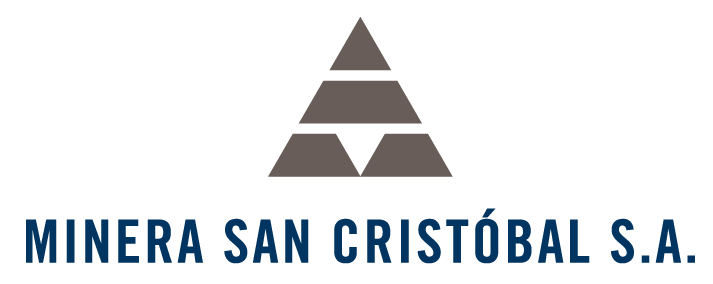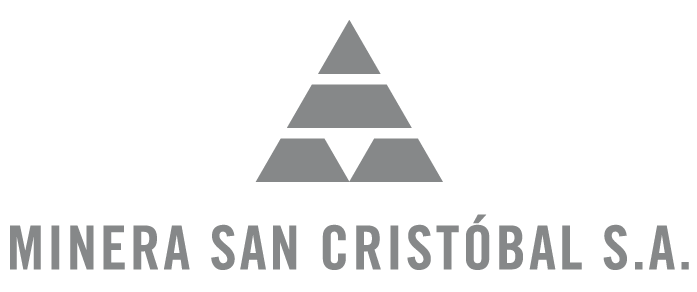Environmental Monitoring
As part of its environmental policy, MSC monitors the six environmental factors set forth in environmental laws, the results of which are indicators of the performance and effectiveness of the prevention and control measures. This is also the basis to plan and execute corrective mitigation actions if necessary.
The results are reported to the competent environmental authority and disseminated in the surrounding communities.
Monitoring and follow-up are essential to plan management of the quality of the environmental resources, for the benefit of the communities in the direct and indirect impact area and to ensure their well-being in a setting of balance and equity towards their sustainable development.
Air
MSC has a network of dust monitoring stations in the operations area and in the communities of San Cristóbal and Culpina K. The objective is to gather information for decision-making and for taking actions to maintain and/or improve the air quality. Combustion gases in mobile sources, i.e. both light and heavy vehicles of the vehicle fleet, are monitored on a yearly basis.
Moreover, MSC has a network of weather stations to measure climate variables such as temperature, rainfall, atmospheric pressure, relative humidity, direction and speed of the wind, among others. These factors are important to evaluate the atmospheric quality, plan fieldwork and respond to requests for information from the municipalities and communities in the region with a view to natural risk prevention.
Noise
Considering the dynamics of the operations and their influence on the environment, MSC has a noise monitoring program to adequately identify, correct and prevent any anomalous condition in terms of sound pressure associated to the activities of the mining operation.
Water
The monitoring of the water resources focuses on knowing the physical – chemical properties of the water, aiming at a greater understanding of behavior of the quality parameters. Water quality monitoring is conducted at 86 points designated for sampling and measuring the underground and surface water properties, including the rivers and springs in the operations and impact area. The results of the water monitoring efforts in the operations period show that MSC complies satisfactorily with the permissible limits set forth in the Regulation on Water Contamination and relative to the baseline.
MSC has carried out and continues to carry out potable water projects for the communities in order to satisfy the increasing demand derived from growth of the local population.
Soil
The soil is monitored at 42 points distributed within the operations and impact area. This activity aims to verify the conditions of humidity and the content of organic matter, macronutrients and heavy metals. It produces indicators that are useful to identify and control deviations over time. This helps determine the conditions of physical, chemical and biological stability with slight variations within the limits relative to the baseline.
The areas affected during the construction phase or by operational incidents are subject to rehabilitation programs, restoring the vegetation cover, mainly with native species. This program also includes an evaluation of the growth of species such as the “thorn of sea” and “atriplex” which were introduced on an experimental basis.
Ecology
In the operations area and its surroundings there is a variety of species of flora and fauna that are monitored by expert biologists on a semi-annual basis to verify their stability and/or possible impacts.
Activities of an entropic origin generate pressure on their surroundings. According to the monitoring results the quantity and variety of the vulnerable and endangered species are stable, with a limited impact on or degradation of the local ecosystems.

